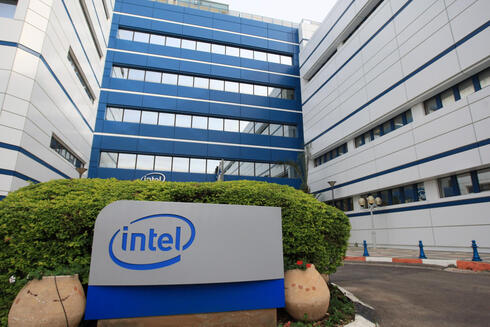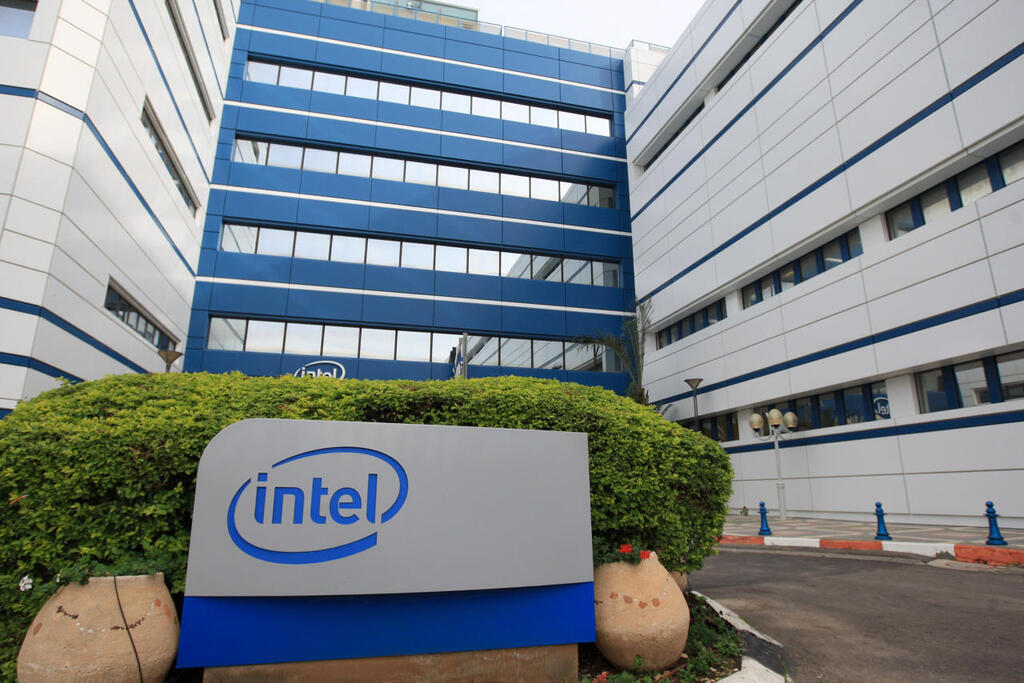
Intel’s Israel operations hang in the balance as TSMC and Broadcom circle
With Intel facing a potential breakup, its Israeli chip development and manufacturing hubs could see drastic changes—ranging from new ownership to possible cutbacks.
Intel’s long-standing presence in Israel, home to one of its most critical manufacturing plants and research hubs, is now facing a period of deep uncertainty. With reports emerging that Intel may be carved up and sold to different buyers, the fate of its Israeli operations hangs in the balance. While the country has become a global leader in chip design and production, the potential sale of Intel’s manufacturing division to TSMC and its chip development arm to Broadcom raises pressing questions about layoffs, restructuring, and the long-term impact on Israel’s economy.
A Pillar of Israel’s Tech Industry
Intel has been one of the largest private-sector employers in Israel for decades. Its massive chip fabrication facility in Kiryat Gat has been a cornerstone of the company’s global supply chain, producing some of Intel’s most advanced processors. Beyond manufacturing, Intel’s Israeli R&D centers have played a pivotal role in developing groundbreaking chip technologies, contributing to products used worldwide.
The company’s commitment to Israel has been underscored by billions of dollars in investments, including the expansion of its Kiryat Gat plant. However, the potential breakup of Intel could shake the foundations of this relationship. If Intel’s manufacturing arm is acquired by TSMC, the Taiwanese company would face a strategic choice: integrate the Israeli plant into its existing production ecosystem or shut it down if it finds the operations redundant. Given TSMC’s dominance in chip production, it is unlikely to discard a well-established facility outright, but consolidation within its global network could put the plant’s future at risk.
The Fate of Israeli R&D
While manufacturing in Israel faces uncertainty, Intel’s research and development activities may have a more stable outlook. Broadcom, which is eyeing Intel’s chip design unit, already has a strong presence in Israel and has historically maintained the local operations of companies it acquires. Given Israel’s status as a global hub for semiconductor innovation—with Apple, Nvidia, and other tech giants also running R&D centers there—it is unlikely that Broadcom would dismantle Intel’s development teams. Instead, it may seek to integrate them into its broader chip design strategy.
Nevertheless, major restructuring could still lead to job losses, shifts in priorities, and changes in leadership. If Broadcom proceeds with the acquisition, Intel’s Israeli engineers might find themselves working under a very different corporate culture, potentially altering the dynamic of their research efforts.
Broader Implications for Israel’s Tech Sector
Intel’s potential disintegration is not just a corporate restructuring—it signals a shift in the global semiconductor industry. If Israel’s role within the new order is diminished, it could have ripple effects on local suppliers, academic collaborations, and workforce development. At the same time, it presents opportunities for new entrants to step in and fill the void, whether through homegrown Israeli startups or investments from other global chipmakers looking to leverage the country’s talent pool.
For now, uncertainty reigns. What is clear, however, is that Israel’s chip industry, long anchored by Intel, is at a crossroads. The coming months will determine whether it emerges stronger from this transformation or faces a painful adjustment period.














